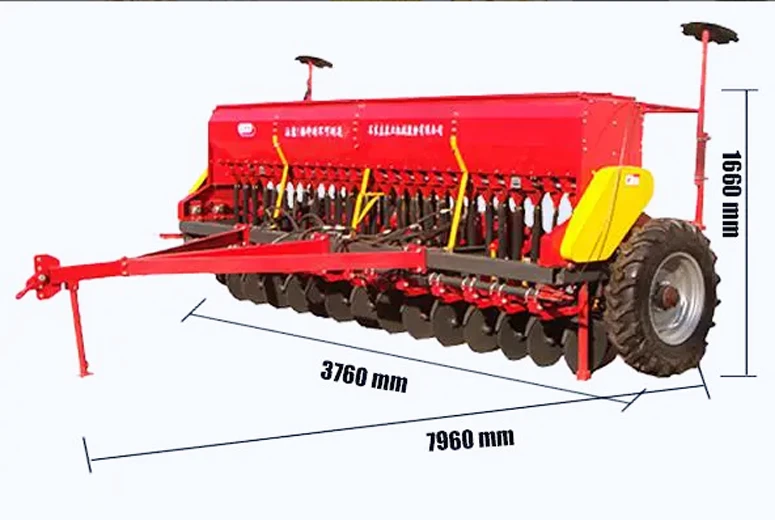Leading Manufacturers in Heavy Machinery for Construction Industry
The Landscape of Heavy Construction Equipment Manufacturers
The heavy construction equipment industry plays a pivotal role in the infrastructure development and economic growth of nations worldwide. This sector encompasses a wide range of machinery, designed to facilitate various construction tasks, from earthmoving and material handling to demolition and site preparation. The manufacturers of these heavy construction equipment are not only key players in supporting construction activities but also innovators creating next-generation machines to enhance efficiency and sustainability.
Major Players in the Industry
The heavy construction equipment market is characterized by several key players, each contributing unique capabilities and technologies. Notable manufacturers include Caterpillar, Komatsu, Volvo Construction Equipment, and Hitachi. Caterpillar, for instance, is renowned for its extensive product line that includes bulldozers, excavators, and loaders. With a commitment to innovation, Caterpillar integrates advanced technologies such as telematics and autonomous machinery in its equipment, offering clients increased productivity and safety on job sites.
Komatsu, a Japanese manufacturer, stands out for its focus on sustainability and environmentally friendly machinery. The company's hybrid excavators and advanced energy-efficient engines demonstrate a commitment to reducing carbon footprints while maintaining high performance. Similarly, Volvo Construction Equipment has made significant strides in developing electric and hybrid machinery, addressing the global pressing need for greener construction practices.
Innovations and Technological Advancements
Innovation is at the forefront of the heavy equipment industry, driven by burgeoning demands for efficiency and reduced environmental impact. Manufacturers are increasingly investing in research and development to introduce advanced technologies into their product lines. One notable trend is the integration of artificial intelligence (AI) and machine learning into construction equipment. These technologies enable equipment to analyze operational data, predict maintenance needs, and enhance overall performance.
Additionally, telematics—often referred to as the Internet of Things (IoT) for machinery—has revolutionized how construction machinery operates. By enabling real-time data collection on performance metrics, fuel efficiency, and maintenance requirements, telematics enhances equipment management and operational efficiency, allowing companies to minimize downtime and optimize their return on investment.
heavy construction equipment manufacturers

Moreover, the rise of autonomous construction machinery is set to change the industry's landscape. Manufacturers like Built Robotics are developing retrofitting kits that can transform traditional heavy equipment into autonomous machines. This shift aims to improve safety by reducing human error and increasing productivity through continuous operation cycles.
Market Trends and Future Outlook
As the global construction market continues to expand, driven by urbanization, population growth, and infrastructure investment, the demand for heavy construction equipment will inevitably rise. Manufacturers are responding to these trends by diversifying their product offerings and expanding into developing markets, particularly in Asia and Africa, where infrastructure development is rapidly underway.
The shift toward greener technologies will also shape the future of the heavy equipment industry. Governments around the world are implementing stricter regulations on emissions and encouraging the use of electric and hybrid machinery. Manufacturers must adapt to these changes to maintain market relevance and meet consumer expectations.
Furthermore, as the workforce in the construction industry ages, manufacturers are tasked with creating equipment that is easier to operate and maintain, ensuring that the skills gap does not hinder productivity. This might lead to a surge in the development of user-friendly interfaces and intuitive controls in heavy machinery, attracting a new generation of operators.
Conclusion
In conclusion, heavy construction equipment manufacturers are not only essential for the execution of construction projects but are also at the forefront of technological innovation and sustainability within the industry. As they navigate changing market demands and continuing advancements, these manufacturers will play a crucial role in shaping the future of construction, ensuring that infrastructure development meets the needs of growing populations while also being mindful of environmental stewardship. The coming years promise to bring exciting developments in heavy construction equipment, and stakeholders in the industry must stay ahead to capitalize on these changes.
-
SINOTRUK HOWO 84 Electric Dump Truck for Eco-Friendly Heavy HaulingNewsJul.26,2025
-
The Fast 16-Gear Manual Transmission Assembly for Heavy TrucksNewsJul.25,2025
-
Mercedes Benz Actros 1848 42 Tractor Truck for Sale - Reliable PerformanceNewsJul.24,2025
-
High-Quality Water Pump Assembly for Sinotruk Trucks – Durable & ReliableNewsJul.23,2025
-
Premium Truck Engine Antifreeze Coolant Fluid for Heavy Duty VehiclesNewsJul.22,2025
-
FOTON View G7 Mini Bus: Affordable & Spacious TransportNewsJul.22,2025
Popular products

























